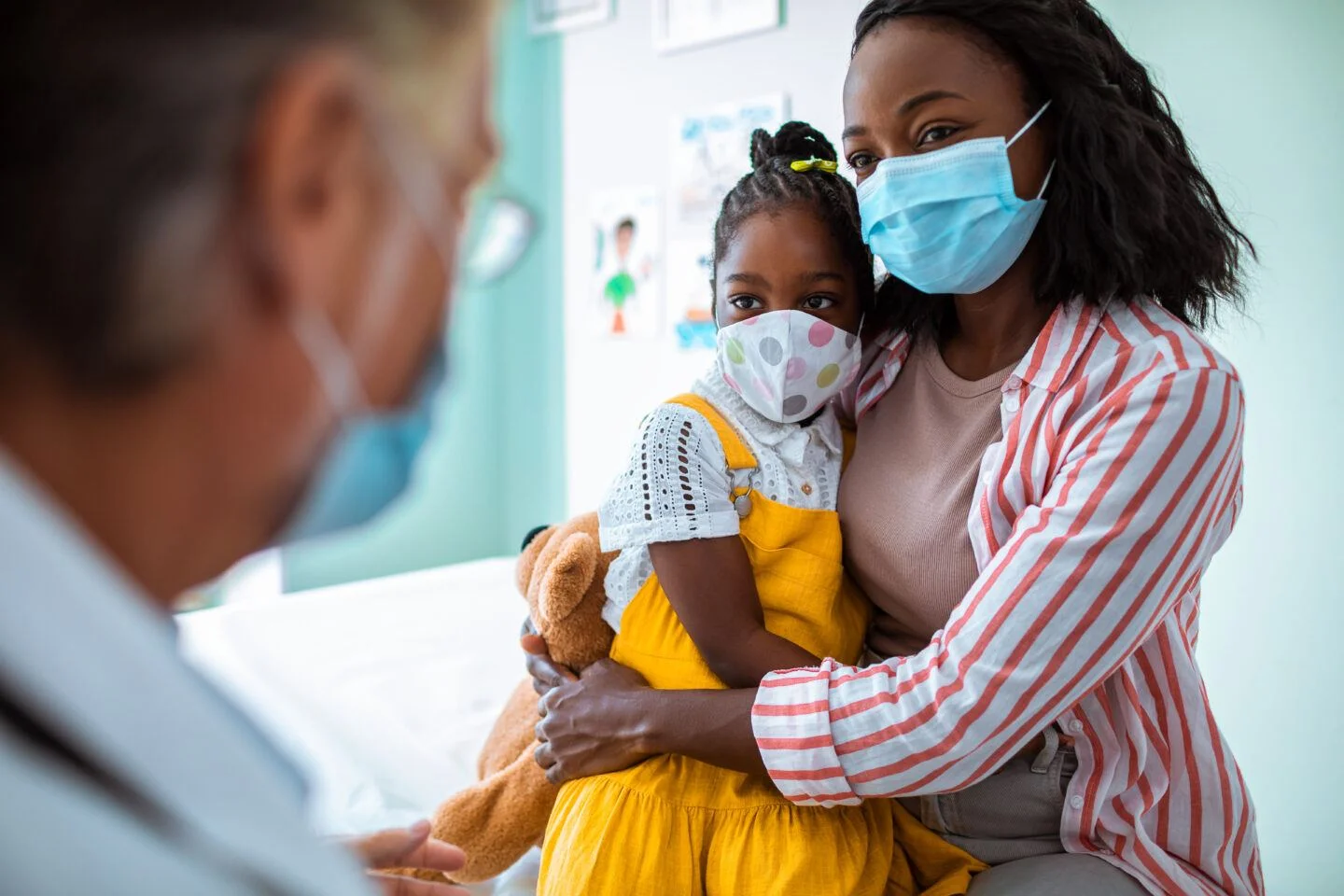A recent study has brought a glimmer of hope to parents and caregivers as it suggests that children are less likely to experience long Covid compared to adults. Long Covid, a condition where individuals continue to suffer from symptoms for an extended period after contracting COVID-19, has raised concerns about its potential impact on children’s health. However, this research reveals that not all children may be susceptible to this protracted condition.
The study, published in Jama Pediatrics, sheds light on the rarity of long Covid among children and comes as a relief to those worried about its potential consequences. Researchers analyzed data from 1,026 children with an average age of 10.5 years, advising parents to monitor their children’s symptoms every two weeks for an astonishing 76 weeks.
Long Covid in children was defined as the emergence of new symptoms three months after a positive PCR test for COVID-19, with these symptoms persisting for at least eight weeks. If symptoms disappeared for four consecutive weeks, the condition was considered resolved.
Among the common symptoms observed in children following COVID-19 were a sore throat (68%), stuffy nose (62%), headache (52%), cough (42%), fever (42%), and fatigue (35%). Notably, these symptoms typically improved within a span of 10 weeks after a positive PCR test.
What sets this study apart is the remarkably low incidence of long Covid in children. In fact, only one child in the study met the criteria set by the World Health Organization (WHO) for long Covid, which mandates symptoms persisting for two months after the initial infection.
The study’s authors emphasized that the prevalence of long Covid in children is “strikingly low,” with most children experiencing the resolution of symptoms within just two weeks of infection.
Dr. William Schaffner, an infectious disease specialist and professor of medicine at Vanderbilt University School of Medicine, highlighted that the symptoms observed in children were relatively mild compared to the diverse and often severe symptoms associated with long Covid in adults, such as cognitive impairment, body aches, and impaired daily functioning.
Infectious disease expert Dr. Amesh A. Adalja echoed these findings, stating that long Covid has been infrequently observed in children for quite some time.
While these findings offer reassurance to parents, medical experts emphasize the importance of continued precautions against COVID-19 in children. They strongly recommend that children receive the updated COVID-19 vaccine, emphasizing that vaccination not only prevents severe COVID-19 but also reduces the risk of long Covid.
Parents are encouraged to remain vigilant and monitor their children’s symptoms after recovery from COVID-19. In the rare instance of lingering symptoms, consulting a long Covid clinic may be advisable. However, experts emphasize that long Covid, while a concern in society, is not a major issue among children. This research brings hope to families and underscores the resilience of young individuals in the face of this challenging virus.




